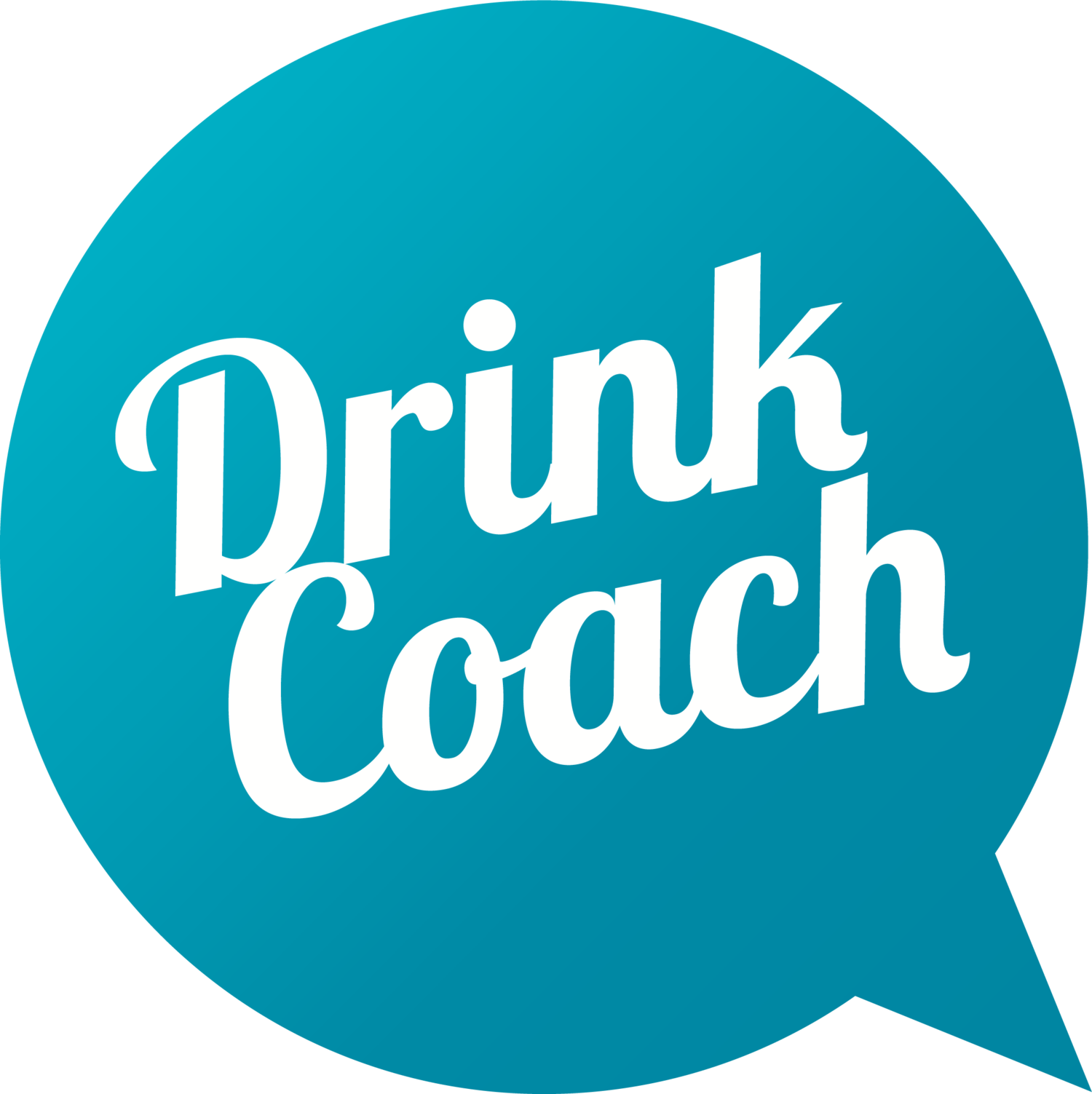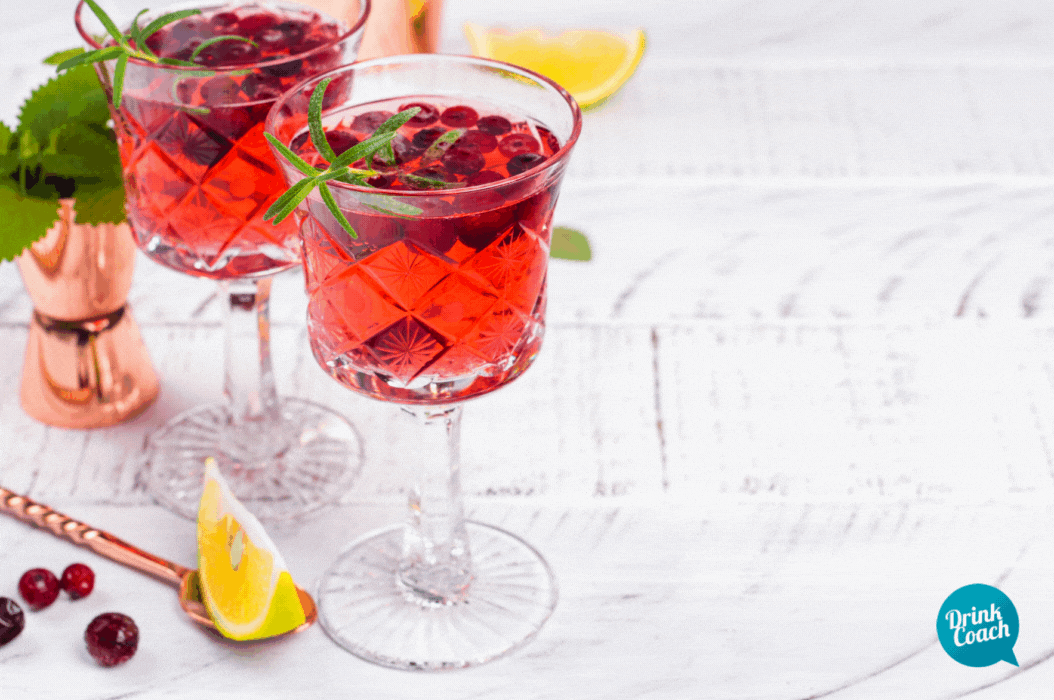Winter and Alcohol
For anyone who is trying to make changes around their alcohol consumption Christmas parties, New Year’s events and long nights can create environments that make it harder to say no and stick to goals. Increased drinking during winter is common , for a variety of reasons, but it’s essential to know that you are not alone and support is available to you. We offer a number of services to help set goals and cut down drinking or stop completely… both in the short term and long term.
Many people find it helpful to download our free app, take our 2-min Alcohol Test or book a 1-2-1 Online Session with an alcohol specialist.
Five risks of winter drinking
1. Mental health impact: Do you tend to have lower moods during the colder months? It’s not just you. Seasonal Affective Disorder (SAD) is a type of depression that occurs during the winter months. While alcohol may make you feel “better” in the moment, it is a depressant and can make you feel worse during these periods of low mood. Especially if your body gets used to alcohol to cope, it can quickly become a negative cycle.
2. Catching a virus: Alcohol suppresses your immune system. Drinking 5-6 drinks in a single session can suppress the immune system for up to 24-hours*. If you’re around large groups of people during parties (especially during flu season) you could end up with a nasty cold or flu. Nobody wants to welcome in the new year ill.
3. Hypothermia: Alcohol can lower your body's core temperature, making you feel warmer temporarily. This can be misleading in cold weather especially if you’re out without warm clothes. If you happen to pass out alone in the cold for a prolonged amount of time, you could end up with hypothermia.
4. Slips and falls: As the temperature decreases, roads and pavements tend to get slippery. Alcohol impairs motor sensory skills, meaning you could be more likely to trip or fall. Don’t spend your Christmas holiday’s in A&E.
5. Dehydration: Alcohol is a diuretic, which means it can lead to increased urination and dehydration. In cold weather, you may not feel as thirsty as you do in the summer, so it can be easy to forget to keep yourself hydrated. A good tip is to drink a glass of water every hour while you’re drinking.
*https://adf.org.au/insights/alcohol-immune-system
Five reasons why it may be harder to say no
1. Holiday Celebrations: The winter months are associated with various holidays and celebrations, such as Christmas and New Year's Eve which often involve parties, gatherings, and family events where alcohol is served. This may be challenging if you are trying to stay sober and for those who are attempting to moderate their drinking it can be easy to abandon goals and get carried away by the occassion Tip: If you are throwing a party or attending one, provide alcohol free versions of your favourite drink. This can help you and others to feel like they are joining in with the festivities without having to compromise goals
2. Social Pressure: Social events and holiday parties can create social pressure to drink, and people can be particularly persistent during the festive season. “Oh go on, one drink isn’t going to hurt, it’s Christmas”. Unfortunately, this can lead to people giving in and drinking more than they would during other times of the year. TIP: If you think you might find this a difficult scenario to deal with plan for how much you want to drink and prepare an exit strategy in advance, perhaps with an excuse such as having somewhere else you need to go or an early start in the morning
3. Stress and Seasonal Affective Disorder (SAD): Winter can be a challenging season for some due to the reduced daylight, colder weather and past negative experiences around Christmas and New Year’s. You may find yourself using alcohol as a coping mechanism to deal with stress and symptoms of (SAD), a type of depression that occurs during the winter months. Remember, any mood enhancing effect of alcohol can quickly wear off and have the unintended consequence of leaving you more depressed.
4. Cabin Fever: Staying indoors for extended periods during the winter can lead to boredom and a sense of confinement and loneliness. Alcohol may be seen as a way to break the feeling of being stuck indoors alone. Even if you live with someone, it can be easy to get in the habit of drinking together in the evening where you may have been out doing activities during the warmer months.
5. Advertising and Marketing: Alcohol companies often promote seasonal and holiday-theme drinks during the winter months, and alcohol tends to be present throughout multi channel advertising campaigns (images and videos of the Christmas dinner table tends to have glasses of wine). This can subconsciously normalise drinking during the festive season, making it harder to end bad habits.
What difference would drinking less this winter make for you and how confident are you that you can achieve your goals?
Know that you’re not alone and lots of people find it difficult to navigate moderate drinking or sobriety during the festive season. If this is something you want to focus on this year, you can download our free app. It has lots of great features such as a place to set and track goals, a unit and calorie calculator so you can track your units and set reminder notifications to keep you on track. It’s like having a coach in your pocket.
Nine tips to staying safe this winter
Setting goals to cut down on your drinking can be an important step towards achieving a healthier lifestyle. Here are some achievable goals to consider:
1. Avoid pre-drinking: It may be cheaper but you could end up paying for it in other ways. It’s harder to track the number of units and calories you’re drinking and you could end up mixing your drinks. If you’re trying to cut down on how much you spend, set a budget for the night and take out cash.
2. Plan ahead: Getting home after too many drinks can be risky, especially if you’re vulnerable. Pre-book a taxi home so you know you will get home safely. It will also discourage you from going to other venues where you could end up drinking more.
3. Look after each other: If you’re out in a group decide who should be the designated driver for the night. Having a sober friend can help you stay safe, as nights out can be unpredictable. If no one you’re out with wants to take that responsibility, share your location with a friend or family member who is having a quiet night in.
4. Plan for recovery time: Christmas party on a random weekday evening? Make sure you plan for enough time to recover before the school run or drive to the office the next day. Alcohol can stay in your system for hours meaning you could fail a breathalyser test the following morning. It takes around 1hour for 1 unit of alcohol to leave your system. That’s more than 10 hours for 3 pints, 0r 7 hours for 2 large glasses of wine. The more you drink, the earlier you should call it a night.
5. Set some drinking goals: These could be as as simple as; choosing 1 or 2 alcohol free days a week, setting a weekly unit limit, creating a drinking budget, cutting out alcohol for a certain amount of time or picking an hour in the day when you can drink. You can download our free app where you can set goals and reminders. It’s like having a coach in your pocket.
6. Track Your Drinking: Keep a journal or use a smartphone app to track your drinking habits. Monitoring what you drink, when, units, and triggers can make you more aware of how much you're drinking and help you identify areas for improvement. Download our free app to help you stay on track.
7. Celebrate Small Victories: Acknowledge and reward yourself for achieving your drinking reduction goals. Celebrate your successes, no matter how small they may seem.
8. Substitute with Non-Alcoholic Options: When you have the urge to drink, opt for non-alcoholic beverages like sparkling water, herbal tea, or non-alcoholic beer or wine as alternatives. Look out for our delicious festive mocktail recipes below!
9. Seek Support: Reach out to friends, family, or a support group to help you stay accountable. They can offer encouragement, understanding, and motivation to achieve your goals. If you feel like you need professional support you can book Online Coaching sessions with one our alcohol specialists, sessions are free for residents of certain councils. Visit our booking page to see if you’re eligible.

































